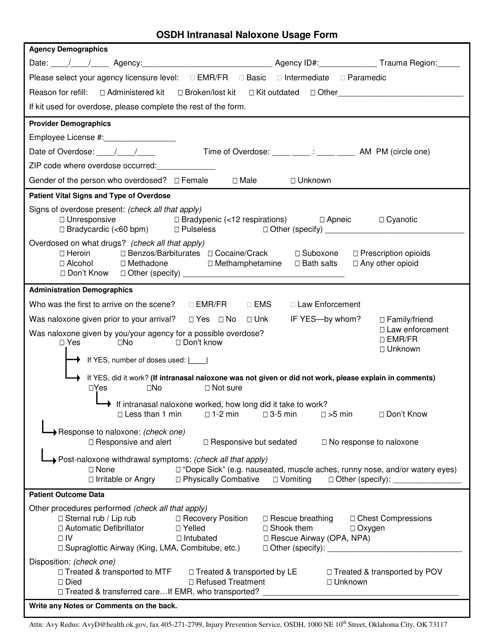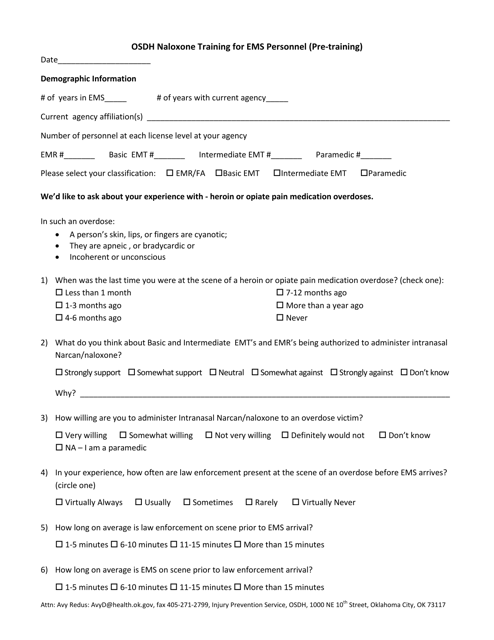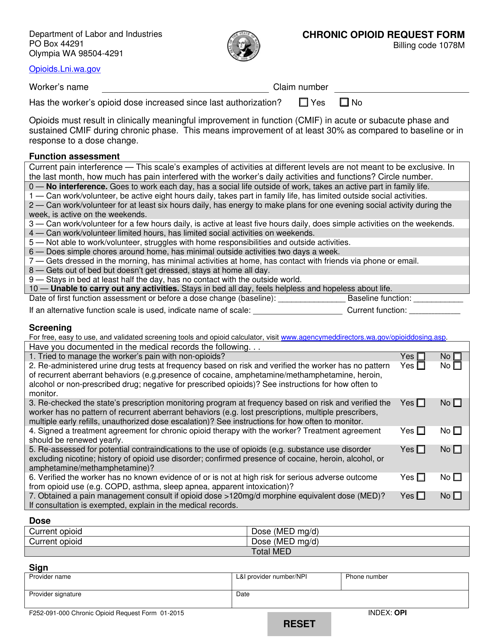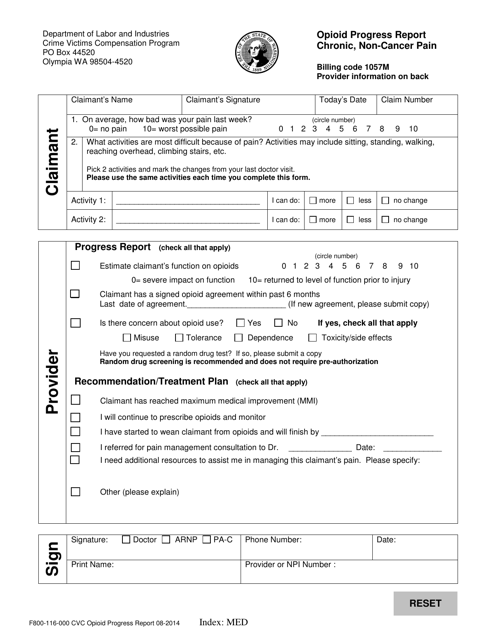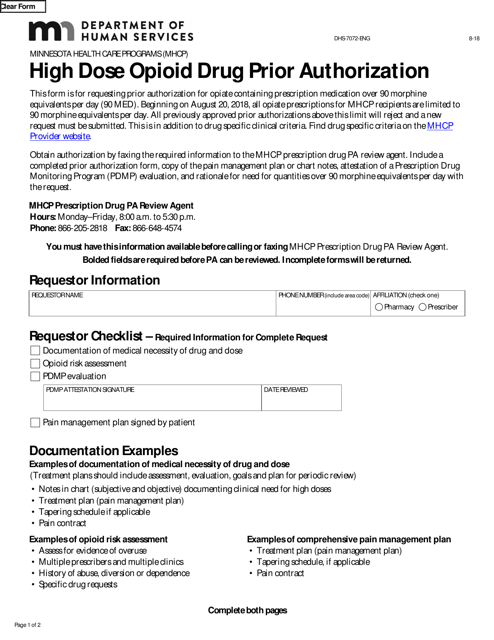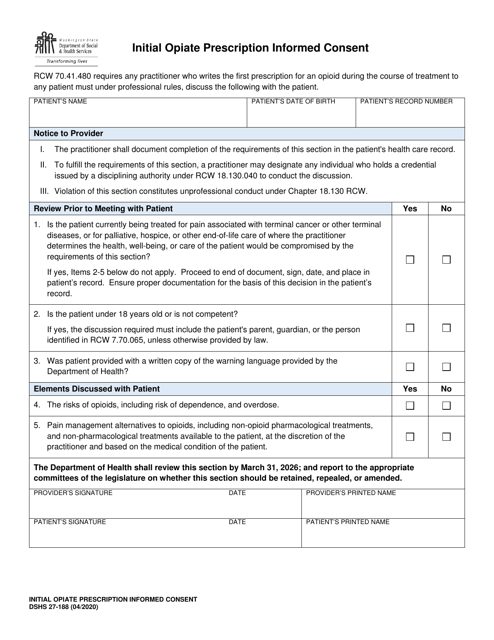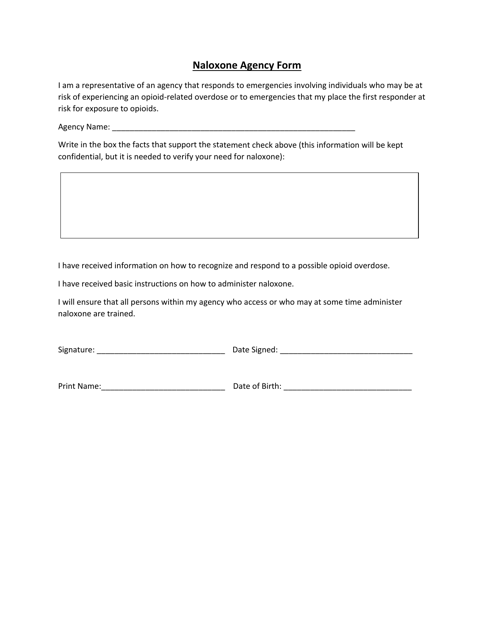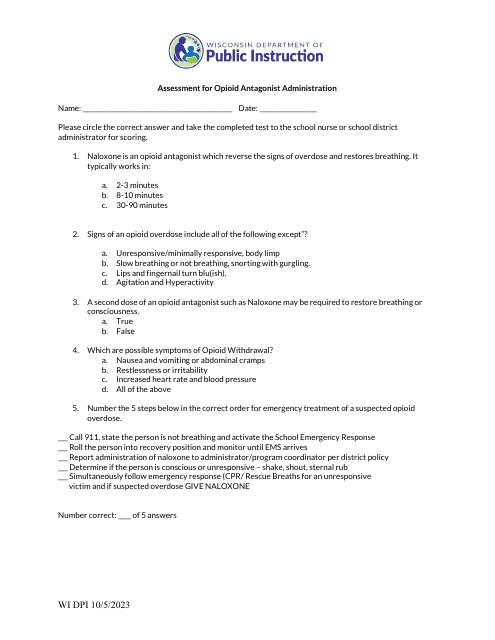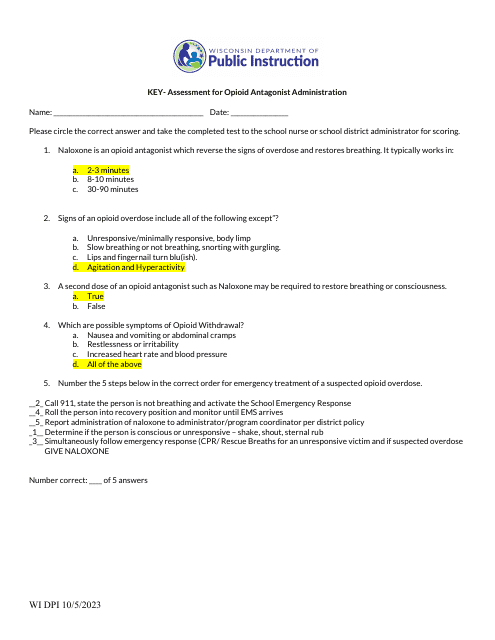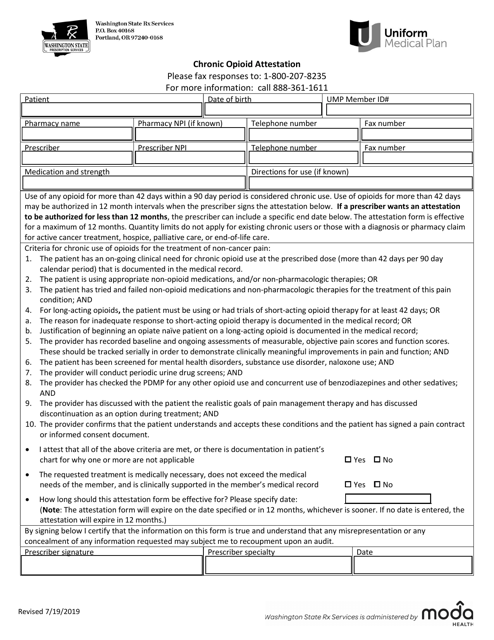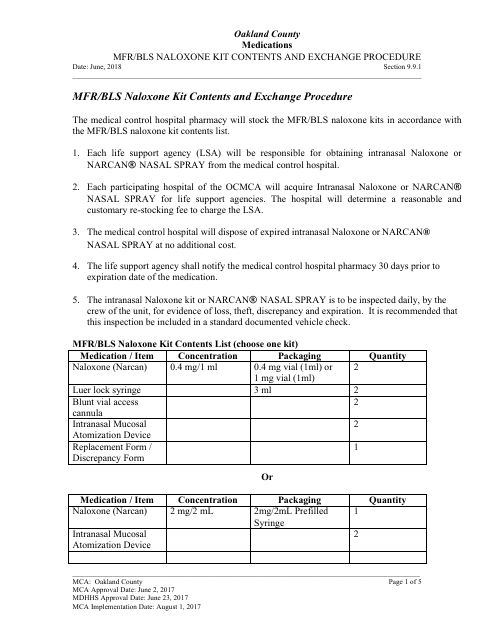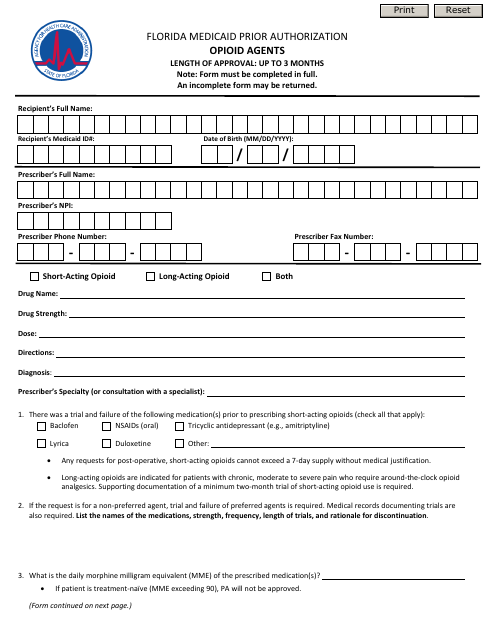Opioid Crisis Templates
The opioid crisis, also known as the opioid epidemic, is a major public health issue affecting the United States, Canada, and other countries. This crisis refers to the widespread misuse and addiction to opioid medications, such as prescription painkillers and heroin.
To address this crisis, various documents and initiatives have been put in place to monitor and control the use of opioids. These documents aim to track the progress of efforts to combat the crisis, inform patients about the risks and benefits of opioid prescriptions, and assess individuals for the administration of opioid antagonists.
One example of such a document is the Opioid Progress Report, which provides detailed information about the measures taken to address chronic, non-cancer pain in Washington. This report helps monitor the effectiveness of interventions and identify areas for improvement.
Another document, the Initial Opiate Prescription Informed Consent form, is designed to ensure that patients in Washington are fully aware of the potential risks and benefits associated with opioid prescriptions. This informed consent process promotes shared decision-making between healthcare providers and patients when it comes to opioid use.
In Wisconsin, an Assessment for Opioid Antagonist Administration is used to evaluate individuals who may require the administration of opioid antagonists, such as naloxone. These assessments help identify individuals at risk of opioid overdose and provide them with life-saving interventions.
Similarly, in Florida, the Medicaid Prior Authorization document for Opioid Agents is used to manage the prescribing of opioid medications for Medicaid recipients. This prior authorization process helps prevent the inappropriate use of opioids and ensures that these medications are prescribed only when medically necessary.
These documents, along with many others, play a crucial role in addressing the opioid crisis. By implementing effective monitoring, informed consent, and assessment measures, healthcare providers and policymakers can work together to curb the misuse and addiction associated with opioids, ultimately saving lives and improving public health.
Documents:
12
This form is used for recording the usage of intranasal naloxone in the state of Oklahoma.
This document provides pre-training materials for EMS personnel in Oklahoma on the use of Naloxone, a medication used to reverse opioid overdoses.
This form is used for requesting chronic opioid medication in the state of Washington.
This form is used for reporting progress on opioid treatment for chronic, non-cancer pain patients in Washington. It helps track the effectiveness and safety of opioid medications for pain management.
This form is used for requesting prior authorization for high dose opioid drugs in the state of Minnesota.
This Form is used for obtaining informed consent for initial opiate prescriptions in Washington state.
This form is used by agencies in Alabama to request naloxone, a medication that can reverse opioid overdoses.
This document is used for attesting to the chronic use of opioids in the state of Washington.
This document provides information about the contents of a Naloxone kit and the exchange procedure in Oakland County, Michigan. It is used to educate residents on how to properly use and exchange Naloxone, a medication used to reverse opioid overdoses.
This form is used for obtaining prior authorization for opioid agents under Florida Medicaid in the state of Florida.

